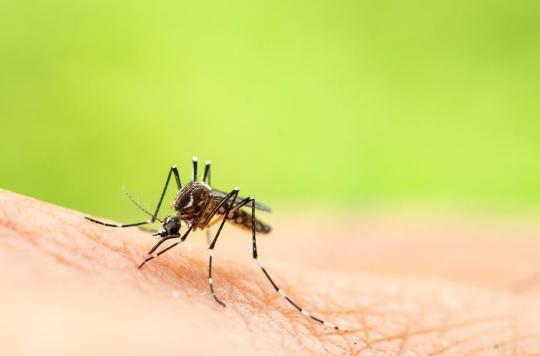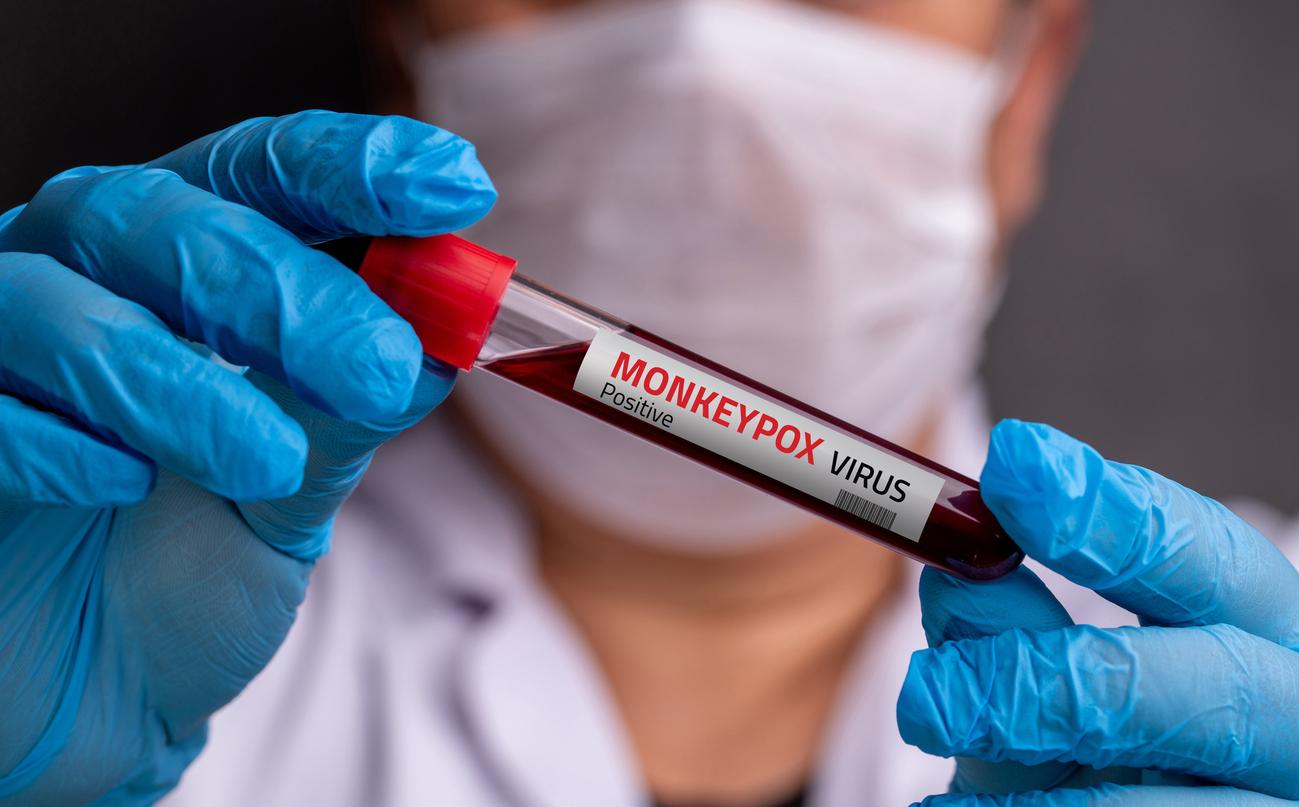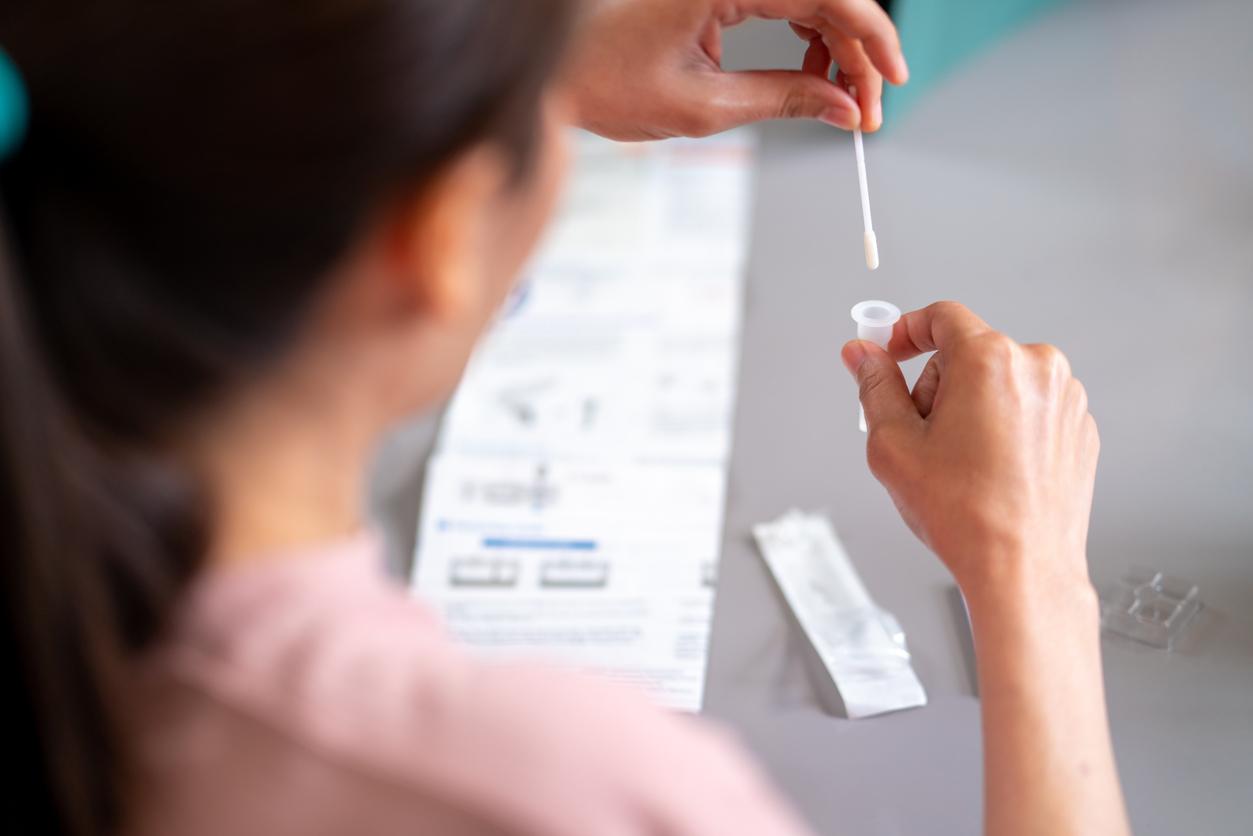What if it was possible to detect the Zika virus easily and quickly, without having to go through the blood or urine tests that must be carried out in the laboratory? This is the idea of a team of researchers from the University of Illinois Urbana-Champaign (United States).

- A team of American researchers has developed a test to detect the Zika virus, which can be carried out using their smartphone, without going through the laboratory box.
- Transmitted by the tiger mosquito, the Zika virus can cause serious complications if it occurs during pregnancy
The Zika test comes in the form of a two-stage microfluidic cartridge containing the reagents needed to detect the virus, as well as a device that can be directly connected to your smartphone. After the patient adds a drop of blood to the device, a set of chemicals breaks down viruses and blood cells in five minutes.
A heating element under the cartridge warms it to 65°C. A second round of chemicals then amplifies the viral genetic material and the liquid inside the cartridge turns bright green if the diagnosis is positive. In total, the completion of the test requires 25 minutes. That is approximately a time similar to that required to carry out a self-test aimed at detecting Covid-19.
Results directly displayed on smartphone
“We designed a connected device so that the rear camera of the smartphone looks at the cartridge while the amplification is happening. When there is a positive reaction, you see little green flowers of fluorescence that eventually fill the entire cartridge. of green light, says Brian Cunningham, Intel Alumni Endowed Chair in Electrical and Computer Engineering and a member of the team behind the project.
transmitted by mosquitoes Aedes aegypti, the Zika virus is particularly dangerous for pregnant women. It is currently circulating in more than 87 countries and infecting thousands of people every year, which requires better detection and control measures.
New tests in preparation to detect other viruses
“Mosquito-borne viruses cause serious illnesses, but their symptoms are similar. If you have Zika, malaria, dengue, or chikungunya, you may come to the doctor with a fever and he doesn’t know why. But it is important to know if it is Zika, especially if the patient is a pregnant woman, because the consequences for a developing fetus are really serious”emphasizes Brian Cunningham.
Researchers are currently developing similar devices to simultaneously detect other viruses transmitted by tiger mosquitoes. They are also trying to downsize their testing tools. “Although our detector is quite small, a large part of the space is taken up by batteries. In the next version, it will be powered by the phone battery”assures Brian Cunningham.
















